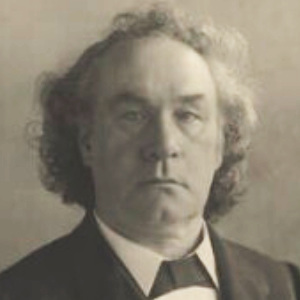A mistake is often made about this matter of practical preaching. If a man denounce the iniquities of his day, he is thought to be a practical preacher. To a certain extent he is entitled to that designation.
If I were to denounce theatres (as usually understood), race courses, public houses, gambling houses, I should be thought to be a most practical preacher, and within a given limit,—a very small one, albeit,—I should be preaching practically and usefully.
That work needs to be done, must be done. But he, too, is a practical preacher who encourages men to try to be better and do better. He also is a practical preacher who says, “Young man, you failed there, but pluck up your spirits; try again; God bless you; try to do better next time.” He also is a practical preacher who recognizes the sufferings of those who come to God’s house to hear his word. Sorrow is as great fact as sin.
There is not a heart here to-day that has not ached, or that will ache, by-and-by. I take you man for man, pew after pew, and the mourners outnumber those who have had nothing but gladness. The preacher, therefore, is a practical preacher who recognizes that fact, and speaks comfortably, who delivers healing gospels to broken hearts, who deals out bread to the hungry, and who gives the garment of praise for the spirit of heaviness.
I often want to hear such a preacher myself; namely, the man who takes the high and bright view of things, who shows me that my pain is for my good, that my loss is the beginning of my riches, that all discipline and chastening, though for the present anything but joyous, will afterward yield me results that will make the soul nobler and tenderer.— PARKER.
